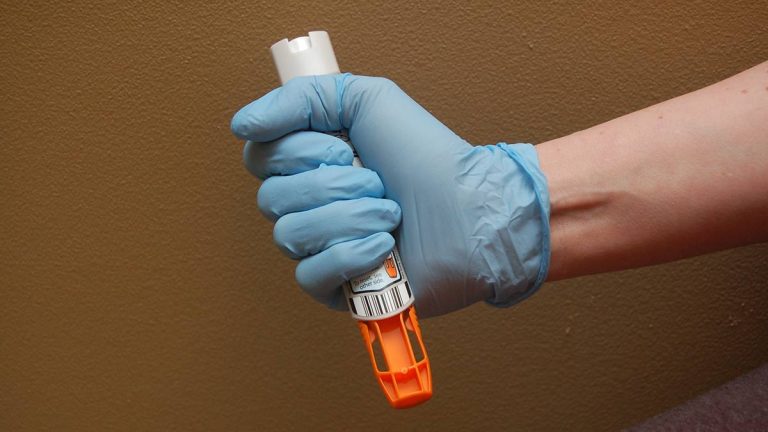The pharmaceutical industry is often cited as the strongest case for the extensive protection of patents. A patent is, after all, a sort of legal monopoly that government grants to innovators, not because there is any inherent property right in ideas, but because of the belief that such privileges are necessary to promote innovation. In the words of the U.S. Constitution, the idea is “to promote the progress of science and useful arts, by securing for limited times to authors and inventors the exclusive right to their respective writings and discoveries.”
The reasoning goes that without these exclusive rights, drug companies would not invest millions and billions of dollars into technologies that could then be easily copied by competitors and sold at lower prices. There is undoubtedly some truth to this, but it is also true that the current patent system has become liable to abuse. No company likes competition, and provided a legal way to forbid it, you can bet that many businesses will invest huge amounts of resources in trying to protect their legal privilege as long as possible — well past the point of any incentive effects on innovation.
The ongoing, high-profile case of Mylar’s EpiPens is a perfect example of this kind of rent seeking. For those unfamiliar with the story, EpiPens are small syringes that deliver a precise dose of the drug epinephrine to patients suffering a severe allergic reaction. The constant companion of those who suffer from allergies, these devices save lives. However, EpiPens have also been subject to a recent, indefensible price hike that is putting the devices out of reach of many consumers who need them. A package of two EpiPens has gone from the price of $57 in 2007 to $608 today. Now, the question everyone is asking is: How is this possible?
The answer is simply lack of competition. In a free market, no company could raise prices so much without competitors swooping in to capture some of the revenues, and this competition would force prices down. But Mylar, the company that produces EpiPen, has no such competition. There are a couple of reasons why this is the case. The first is that the Food and Drug Administration (FDA) is extremely stingy with granting approval to competing drugs. It typically costs as much as $10 million to get a drug approved for market, and abrupt changes to other FDA regulations in 2009 caused many drug producers to shut down.
But equally problematic, in terms of encouraging drug competition, is the U.S. patent system, which allows Mylan to shut down competition for a product it had nothing to do with creating. First of all, it’s worth noting that the patent on the active ingredient in EpiPens, epinephrine, expired decades ago. What Mylan “owns” is the patent to the dispenser itself, meaning that if other companies want to compete, they have to find a significantly different way of delivering the drug in precise doses, which will then require the costly and time consuming FDA approval process to start all over again. Earlier this year, Mylan competitor Teva tried to offer a competing product, only to be denied approval by the FDA.
The first epinephrine dispensers were originally patented in 1973, having borrowed substantially from technology developed in the 1960s. Since patents were never intended to last forty years, companies like Meridian, who in turn licensed the patent to Mylan, have engaged in a process known as “evergreening” to maintain their exclusive control of the device. Essentially, a company makes small, marginal changes to an existing design, and uses these changes to justify an extension of the patent, even though no true innovation has occurred. It’s a nakedly cronyist practice that allows big companies to legally exclude competition long after their patents should have expired.
It is absurd to contend that the epinephrine dispenser would only have been invented if its maker knew the market would be competition-free for the next forty years. Yet that is precisely what the patent system has allowed. Far from encouraging the progress of science, as the Founders intended, overly strong patents now cripple would-be innovators and harm consumers, while protecting the profits of special interests.
Whenever a big company engages in unscrupulous practices, the media is quick to blame capitalism. In reality, these practices would be impossible without the hand of big government shielding the offenders from the consequences of their actions. We need to return to the Founders’ original vision for patents, where the focus is on encouraging innovation, not catering to the whims of big companies.
Fortunately for allergy suffers, Mylan has consented to offer a generic version of their product at a lower price, responding to overwhelming public pressure. And while this does nothing to address the overriding problems created by the FDA and the U.S. Patent Office, at least the market for public shaming is alive and well.
This article originally appeared on Conservative Review.














Add comment